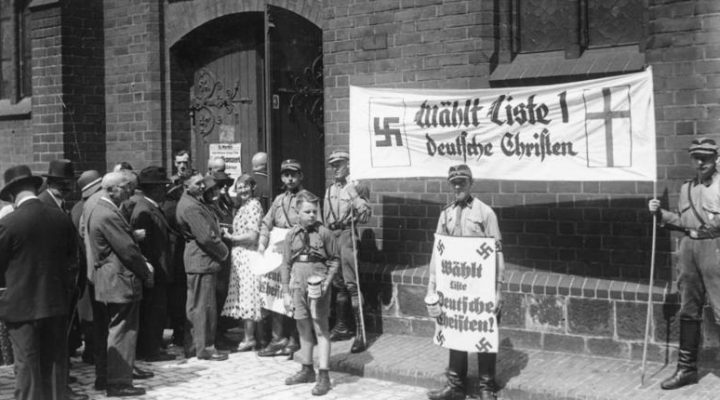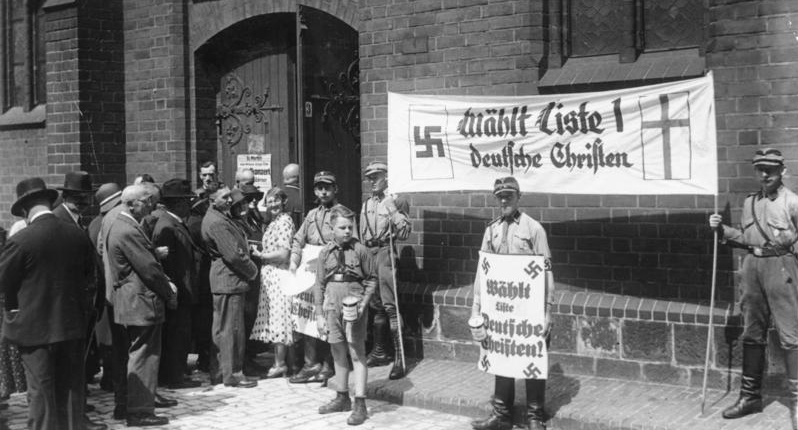The potential consequences of a merger of church and state sought by Christian nationalists are frighteningly apparent in the history of Nazi Germany, according to Dietrich Bonhoeffer expert John Matthews.
Matthews, a Lutheran minister and member of the International Bonhoeffer Society, spoke during a recent World Without Genocide webinar.
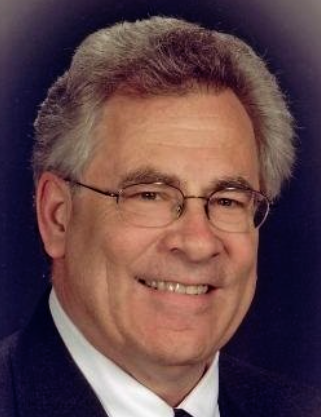
John Matthews
Adolf Hitler’s Third Reich fused authoritarian nationalism with a Christianity complicit in delusions of racial, moral and global superiority, he said, warning the symbolism and rhetoric of that time echoes through modern-day Christian nationalism. “This dangerous phenomenon we’re talking about tonight has reared its ugly head in the United States more dramatically in the last few years. But do we recognize that?”
Matthews was one of four panelists for “Christian Nationalism and the Threat to Human Rights,” a Jan. 25 webinar. He was joined by Holly Hollman, general counsel and associate executive director of Baptist Joint Committee for Religious Liberty, Lutheran minister James Erlandson and Nathan Empsall, an Episcopal priest and executive director of Faithful America.
Many Germans had difficulty believing hardline Nazi policies would continue once Hitler achieved power, let alone descend into genocide, Matthews said. They failed to understand that those who use intimidation and violence to achieve power also use it to stay in power.
The German version of Christian nationalism also morphed into Nazi flags adorning the exteriors and interiors of churches and the theological premise that Hitler and the Third Reich existed to return Germany to its God-intended dominance over all other nations and races.
“Once the state has the unconditional endorsement of the religious establishment, nothing is off limits.”
It was a green light for evil, he said. “Once the state has the unconditional endorsement of the religious establishment, nothing is off limits. Anything is acceptable because we know the phrase, ‘God is on our side.’”
The seeds of this evil can be seen throughout world history, he said, including “the mistreatment of Black, Hispanic and indigenous people in the United States, all involving gross human rights violations largely empowered by the tragic melding of church and state that is Christian nationalism.”
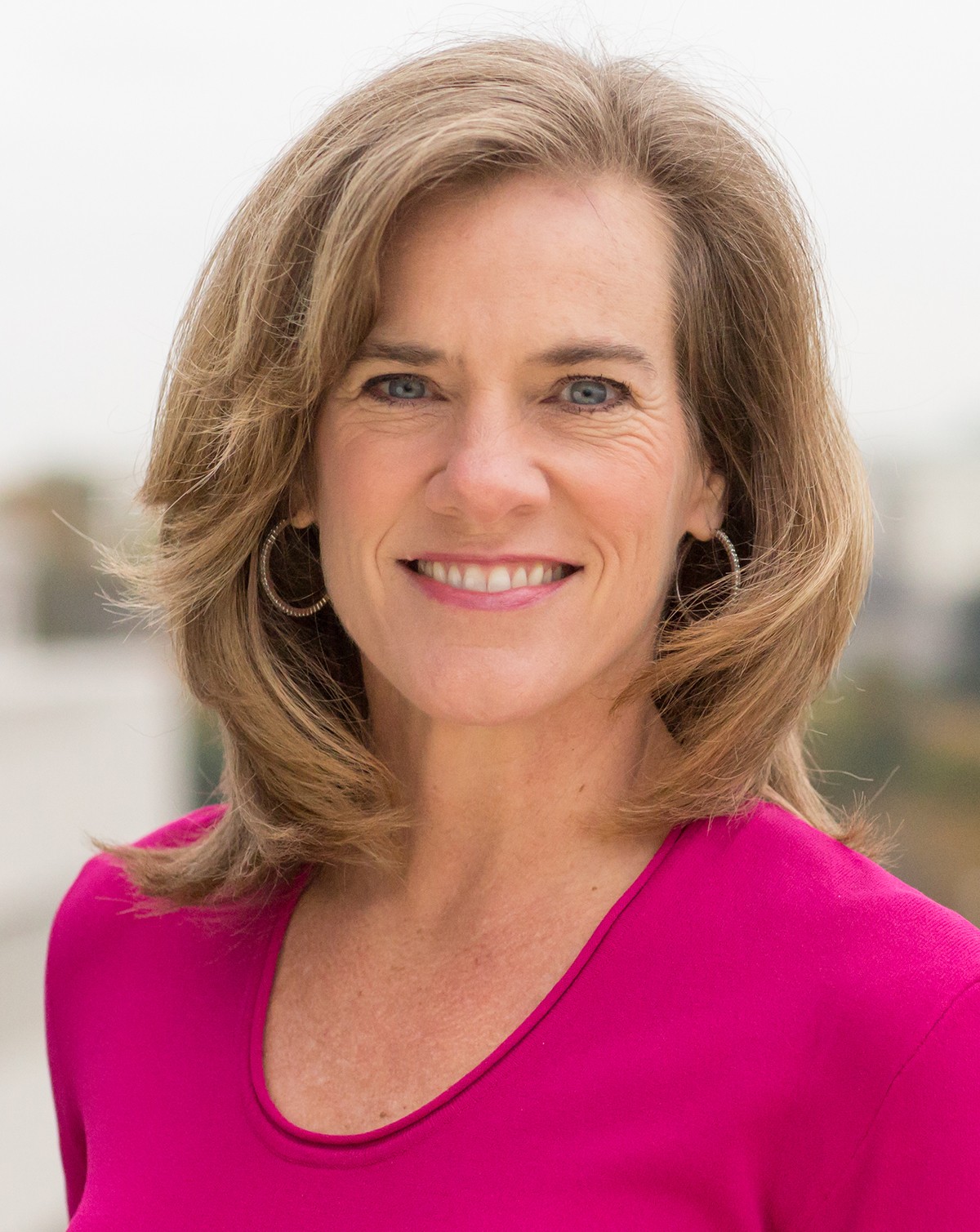
Holly Hollman
In its U.S. context, Christian nationalism is ideologically opposed to the central principles of American democracy such as the separation of church and state and the ban on religious tests to hold public office, Hollman explained.
“Among its many, many flaws, Christian nationalism is fundamentally incompatible with the vision of religious liberty in our constitutional tradition. That vision is one that affirms equal citizenship without regard to religion,” she said.
Race comes into it because Christian nationalism “overlaps and provides cover for white supremacy and racial subjugation,” she added. “This makes sense because when we think about the history of the United States and who has traditionally been the in-group and those who have held power, it’s not racial or ethnic minorities.”
Christian nationalism goes even further to deny the role of indigenous communities, Black and secular Americans, immigrants and religious minorities in forging the nation’s history and is equally hostile toward “all who undercut a narrative that the U.S. is special because it was founded by and for white Christians,” Hollman said.
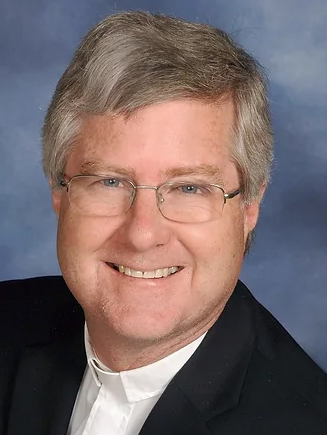
James Erlandson
Clergy and churches bear some of the burden of resisting the delusion and hatred of Christian nationalism, said Erlandson, senior pastor at Lutheran Church of the Redeemer in St. Paul, Minn.
A big part of that duty is educational, he said. “We have a responsibility to teach our congregations about the hate speech and violence against those who are not part of the privileged majority. So, we must educate our congregations in forums, book studies and Scripture studies on the values God has given us of love for our neighbors.”
Erlandson said his parish has held discussions on genocide and ways to recognize personal bias and prejudice. Lessons also emphasize that God alone must be the object of faith, not the state.
Activism is another tool in opposing Christian nationalism, he said. “We can organize people to participate in local school boards, town halls and city councils, as well to confront extreme positions of discrimination and hate, to defend Muslims and immigrants and testify about local issues with compassion for our neighbors.”
Standing beside those targeted by bigotry is another important way to counter Christian nationalism, Erlandson said. “When hate crimes or bombings occur against mosques or synagogues, Christian leaders show up to support our Muslim and Jewish sisters and brothers. We can become, and must become, more educated to learn about the threat of Christian nationalism and the lengths to which persons of color and those whose faith is not majority Christian have suffered from legislation, from hate speech and violence or threats of violence.”
In its fight against Christian nationalism, Faithful America organizes grassroots and media campaigns to illuminate when and where the insidious ideology is at work in society, Empsall said.
One such effort is consistently sounding the alarm about the ReAwaken America Tour, a traveling political rally led by former Army general Michael Flynn, Eric Trump and other election deniers promoting QAnon, white supremacist and Christian nationalist ideals.
Faithful America holds news conferences featuring local pastors and provides a mobile billboard denouncing the tour in each of its stops to identify organizers as “false prophets who are distorting democracy,” Empsall said.
“The Religious Right and Christian nationalism get a lot of their power by claiming to have a monopoly on religion in the United States.”
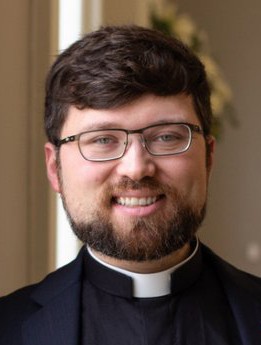
Nathan Empsall
“The Religious Right and Christian nationalism get a lot of their power by claiming to have a monopoly on religion in the United States. They say, ‘If you’re a Christian, you have to be with us. You have to be like us.’ By saying, ‘You don’t speak for our faith’ and ‘You are warping our faith,’ we prove them wrong.”
The organization’s efforts also are intended to unmask the hidden objectives of Christian nationalism, he said. “Their main goals are power and access to public money. Its purpose is to hollow out democracy. … Nothing matters more than power for them.”
Empsall said the opponents of Christian nationalism must be vigilant, active and not lose hope if “we offer a different Christian witness and make it clear that Christianity is about peace, not political violence, and that where Christian nationalism preaches hatred and misinformation, Jesus taught love and the truth.”
Related articles:
Bonhoeffer moment No. 1: Claiming Christ but losing the gospel | Opinion by Bill Leonard
Advocacy group names 20 ‘false prophets’ of Christian nationalism

